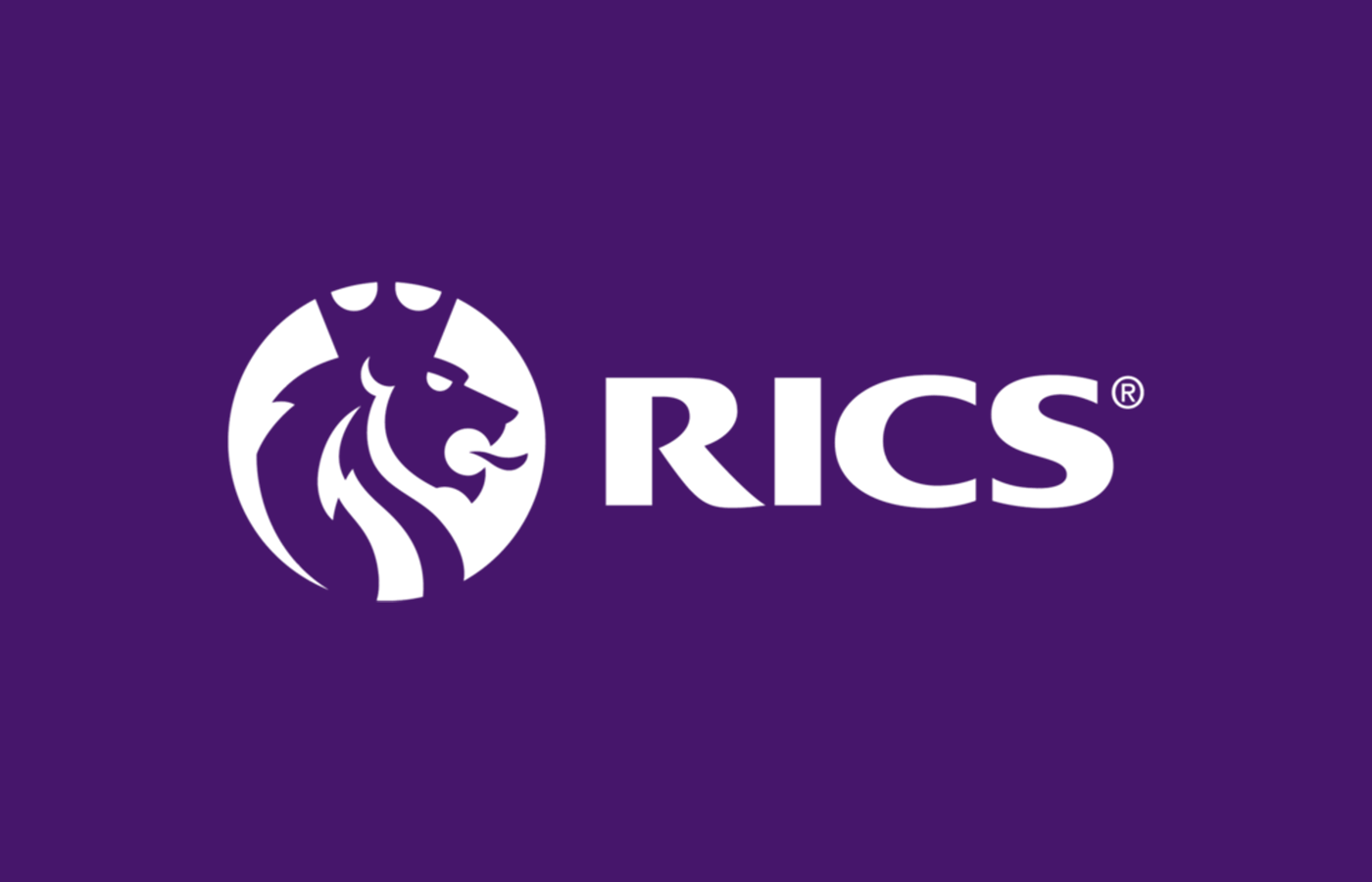When it comes to property valuations, particularly for probate purposes, it’s essential to understand the qualifications and expertise of the professionals you engage. Our surveyors are all RICS registered valuers, specialising in Red Book valuations for probate purposes. This ensures that you can be more confident that HMRC will accept your valuation. But what exactly is RICS, and what does a chartered surveyor do? Let’s explore these topics in detail.
What is RICS?
The Royal Institution of Chartered Surveyors (RICS) is a globally recognised professional body that promotes and enforces the highest international standards in the valuation, management, and development of land, real estate, construction, and infrastructure. Established in 1868, RICS provides impartial, authoritative advice on key issues affecting businesses and society.
Membership in RICS is a mark of quality and professionalism. It signifies that a surveyor has met rigorous standards of education, training, and experience. RICS also requires its members to adhere to a strict code of conduct and to commit to continuous professional development, ensuring that they remain up-to-date with the latest industry standards and practices.
What is the Role of a Chartered Surveyor?
A chartered surveyor is a professional who provides expert advice on property and land-related issues. They are qualified to conduct property valuations, manage real estate, and offer consultancy services on construction, environmental impact, and land use.
The role of a chartered surveyor can vary widely, but generally includes:
- Valuations: Providing accurate and reliable valuations for various purposes, including probate, taxation, and sale.
- Property Management: Managing and maintaining properties on behalf of owners.
- Development and Planning: Advising on property development, land use, and planning permissions.
- Construction: Overseeing building projects, ensuring compliance with regulations, and managing costs.
- Environmental Consulting: Assessing environmental impact and advising on sustainability practices. Who are HMRC?
Her Majesty’s Revenue and Customs (HMRC) is the UK government department responsible for collecting taxes, paying some forms of state support, and administering other regulatory regimes. In the context of probate, HMRC assesses and collects Inheritance Tax, ensuring that the correct amount is paid based on the value of the deceased’s estate.
What is a Red Book Valuation?
A Red Book valuation refers to the standards set out in the RICS Valuation – Global Standards, commonly known as the Red Book. These standards ensure consistency, transparency, and accuracy in property valuations. A Red Book valuation is required for various purposes, including probate, and provides assurance that the valuation has been conducted according to internationally recognised standards.
Our surveyors specialise in Red Book valuations for probate purposes. This means that our valuations are conducted with the highest level of professionalism and accuracy, ensuring compliance with HMRC requirements and reducing the risk of disputes over the estate’s value.
Considerations When Getting a Property Valuation
When seeking a property valuation, especially for probate purposes, there are several key considerations to keep in mind:
- Qualifications and Experience: Ensure that the surveyor is RICS registered and has experience in conducting valuations for probate purposes. This will provide confidence that the valuation is accurate and reliable.
- Purpose of Valuation: Different valuations serve different purposes. Make sure the surveyor understands the specific requirements for probate valuations, including compliance with HMRC standards.
- Scope of Valuation: Understand what the valuation will cover. A comprehensive valuation should include an inspection of the property, consideration of its condition, location, and any unique features that might affect its value.
- Red Book Standards: Verify that the valuation will adhere to RICS Red Book standards. This ensures that the valuation is conducted with the highest level of integrity and professionalism.
- Timeline and Cost: Discuss the timeline for completing the valuation and the associated costs. Timely completion is crucial for probate purposes, as delays can impact the administration of the estate.
- Reporting: Ensure that the valuation report is detailed and clear, providing all necessary documentation and evidence to support the valuation figure. This will be important for HMRC and for any potential disputes. Conclusion
Engaging a RICS registered valuer for your probate property valuation provides peace of mind, knowing that the valuation will meet the highest standards of accuracy and professionalism. Our team of chartered surveyors specialises in Red Book valuations, ensuring compliance with HMRC requirements and helping you navigate the complexities of estate management with confidence. When it comes to property valuations, trust the expertise and integrity of RICS chartered surveyors.



